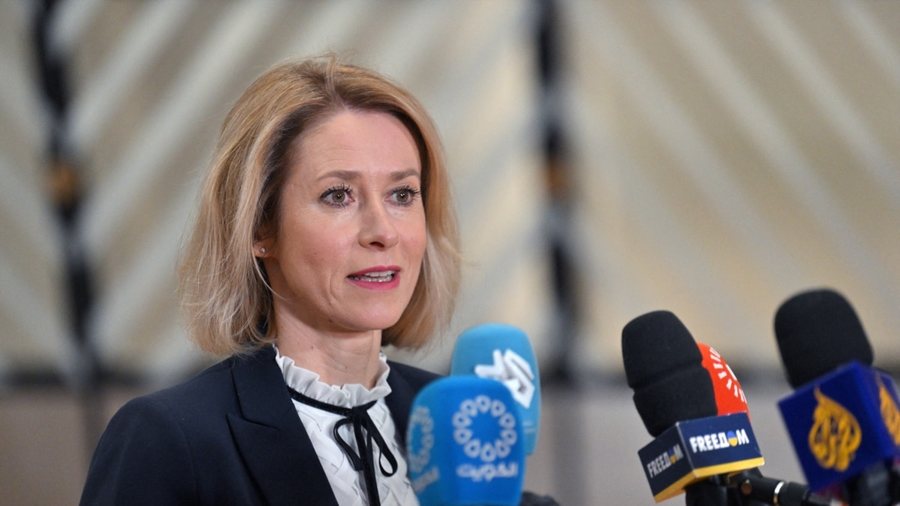
The European Union's foreign policy chief, Kaja Kallas, said the disconnection of the Baltic states, Estonia, Latvia and Lithuania, from Russia's energy grid is a "victory for freedom."
The three EU and NATO member states are expected to cut off electricity connections with Moscow on Saturday, February 8, in a political move three decades after these countries were liberated from Kremlin rule.
"Russia can no longer use energy as a tool for blackmail," said Kallas, the former prime minister of Estonia.
"This is a victory for European freedom and unity."
The Baltic states have been preparing for years to disconnect from the Soviet-era electricity grid and integrate into the European network, but have faced technological and financial problems.
Disconnecting from the Russian energy grid became more urgent after Russia launched a full-scale invasion of Ukraine in 2022, which sparked fears among the Baltic states that they could be the next target.
After the invasion began, they stopped buying Russian gas and energy, but the energy networks of the three countries continued to be connected to Russia and Belarus, and controlled by Moscow.
The EU in general has drastically reduced its consumption of Russian energy since the war in Ukraine began.
On Saturday, when the three Baltic states officially disconnect from the Russian grid, there are expected to be official celebrations for the event, although some consumers are concerned that there could be supply disruptions.
Latvia will physically cut the power line with Russia on Saturday and European Commission President Ursula von der Leyen will attend a ceremony with Baltic leaders to be held in Lithuania the same day./ REL (A2 Televizion)











